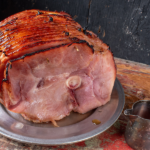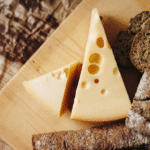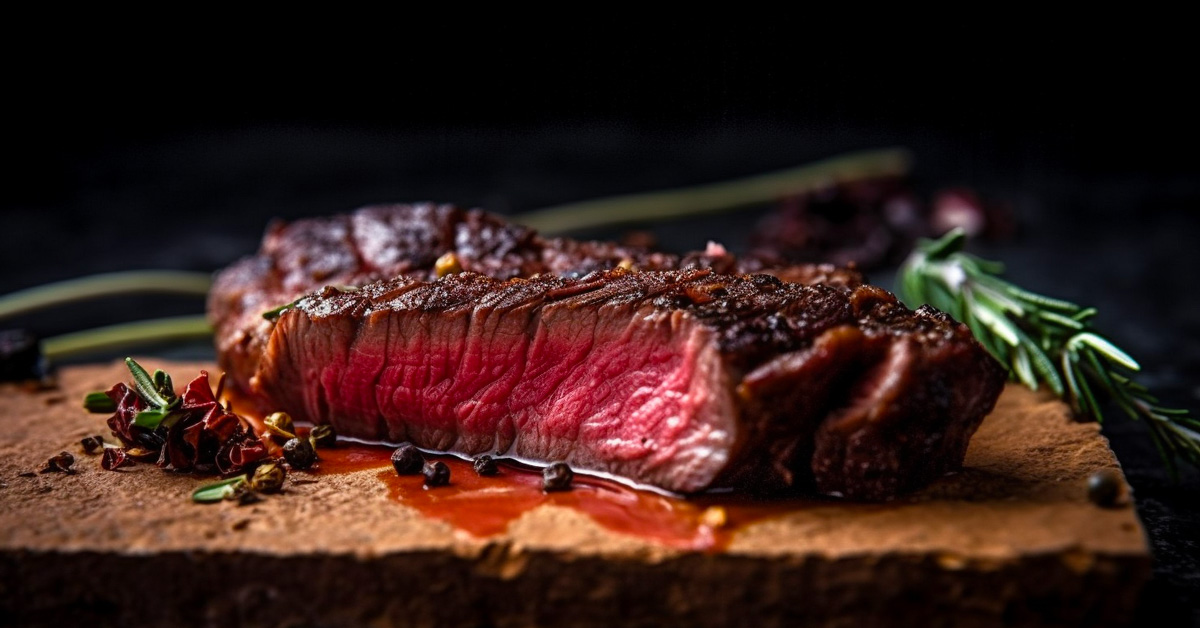There’s something about a weekend kitchen that doesn’t rush. It hums. The window lets in a lazy golden light. Someone’s playing a soft jazz playlist in the background, or maybe a nostalgic tune your grandmother once danced to with a flour-dusted apron tied at the waist. It’s not just about what’s cooking. It’s about who you are when you cook slowly , when your hands move with intention, when your senses aren’t distracted, when the pot simmers, and the world softens around it. And if you’re like most people , where Fridays mean family, flavor, and fading sunlight on the balcony.
1. The Poetry of Prep
Before the aroma. Before the sizzle. Before the first grain of spice hits warm oil , there’s preparation.The meditative kind. You take out your chopping board, the meats are still cool from the fridge, waiting patiently. Your fingers remember how to crush garlic without bruising it. You remember the way your mother used to slice onions , never quite even, but always beautiful. The prep isn’t about speed. It’s a kind of therapy.
2. The Lamb Knows
Of all the proteins in the world, lamb holds a certain reverence. It’s not everyday food. It’s celebratory. You rub it with spices that remind you of old kitchens , cinnamon, cumin, maybe a bit of cardamom. You drizzle olive oil slowly, like you’re oiling your grandmother’s hair. You whisper in the way you season. And then, you let it sit. Because good things come to those who marinate.
3. Marinates: Not Just Chemistry, But Memory
Let’s talk about marinates, not as a technical step, but as a philosophy.
It’s a pause button. A promise. A letting go. Whether it’s yogurt and lemon zest, or pomegranate molasses and crushed garlic , a marinade is a conversation between rawness and transformation. And while the meats are soaking in your faith, you’re reminded: maybe we all need time to sit in flavour before we bloom.
4. Sides Are Poetry Too
Let’s not pretend the star dish does all the work. There’s magic in the rice, spiced just right.
In the garlic labneh, tangy and thick. In the sautéed greens, drizzled with sesame oil and crushed pepper. In pickled radish that cuts through the richness like a song’s bridge.
In bread so warm, it almost feels like a blanket folded by your mother. Good cooking isn’t showy. It’s complete.
5. Gathering Isn’t Optional
Whether it’s neighbours dropping in “just to taste,” or family arriving three hours late but still served first , food becomes the excuse and the event.
There are no portion sizes. Just abundance.
There’s something holy about passing a plate. About second helpings. About eating with hands. About licking the tips of your fingers because it’s too good not to.
6. No Perfect Recipe, Just Perfect Intention
You won’t find exact measures here. Real cooking, the kind that warms your bones, rarely happens in millilitres. It happens in gestures, in tastes that adjust midway.
In the glance you give your stew when you’re not sure it’s ready, but you trust your nose more than your timer. In your refusal to measure the paprika, because you know what “enough” feels like. That’s the recipe. Not a formula. A feeling.
7. Leftovers Are Stories
When the guests leave and the dishes are stacked, something remains. A piece in the fridge. A sauce that thickened overnight. The bread is now cool but still soft. You’ll eat it tomorrow, maybe standing at the fridge, or curled up on the couch. And in that bite, you’ll remember the jokes, the songs, the compliments, because good food doesn’t just fill stomachs. It fills rooms with memory.
8. And If You Burn It? Even Better
Sometimes the onions brown a little too far. Sometimes the roast is slightly dry.Sometimes the sauce thickens more than expected. It’s okay. Because your kitchen isn’t a restaurant. It’s a stage, a studio, a sandbox. It’s where your hands practice love, again and again. Where your guests feel welcome, not impressed. Where your food doesn’t have to be perfect , just made with care.
9. Final Dish: You, As You Are
No dish can define a culture. No roast will ever capture the depth of a grandmother’s hand. No meat, however tender, will hold the full story of your table. But every time you enter your kitchen with intention, every time you marinate with memory, every time your recipe includes forgiveness, something rare happens. You feed more than mouths. You nourish a space. And that… is always enough.

 The Most Effective Methods For Cooking Potatoes Without Losing Nutrients
The Most Effective Methods For Cooking Potatoes Without Losing Nutrients  5 Food Packaging Trends That Actually Matter
5 Food Packaging Trends That Actually Matter  Solving the Common Problems With Clubs in Ipswich
Solving the Common Problems With Clubs in Ipswich  Pairing the Perfect Drinks with Mexican Appetizers: A Harmony of Flavors
Pairing the Perfect Drinks with Mexican Appetizers: A Harmony of Flavors  Turkey Certificates Explained: What Every Home Cook Should Know
Turkey Certificates Explained: What Every Home Cook Should Know  Why Swiss Cheese Slices Deserve a Place on Your Foodservice Menu
Why Swiss Cheese Slices Deserve a Place on Your Foodservice Menu  Dining with the Skyline: Planning the Perfect Dinner with a View Singapore Experience
Dining with the Skyline: Planning the Perfect Dinner with a View Singapore Experience  Essential Tips for Choosing the Right Knuckle Bandages: The Ultimate Guide
Essential Tips for Choosing the Right Knuckle Bandages: The Ultimate Guide  Rasoi – A Fine Dining Indian Restaurant in Amsterdam with a Menu Built Around Real Flavour
Rasoi – A Fine Dining Indian Restaurant in Amsterdam with a Menu Built Around Real Flavour 